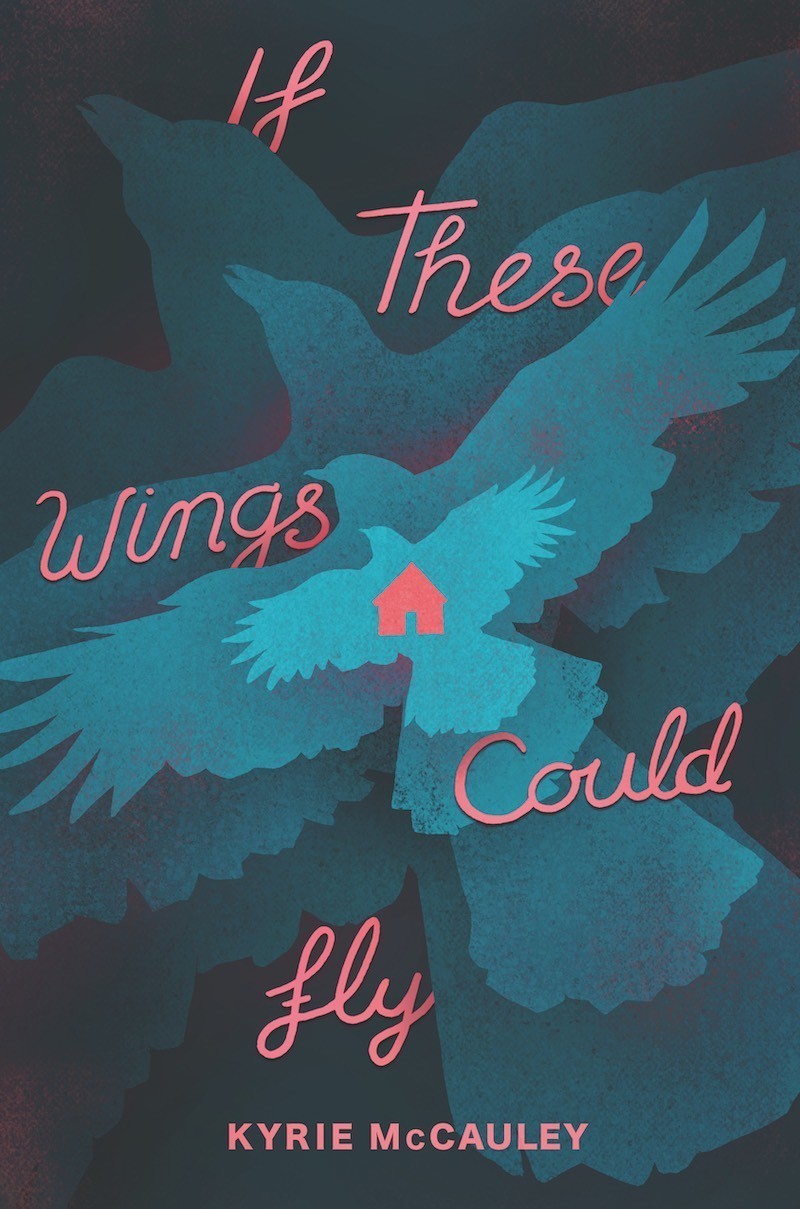Chapter 19
byChapter 19 of If These Wings Could Fly opens with a vivid description of the protagonist’s bus ride, passing by the local football fields where young boys practice flag football under the watchful eyes of coaches and fathers. The scene serves as a reflection of the societal pressure placed on children to excel in sports, often overshadowing their individual interests and passions. The protagonist is reminded of the intense pressure to perform, which they’ve felt throughout their own life. Football, in particular, becomes a symbol of this overwhelming expectation. Their aversion to the sport is deeply rooted in their memories of a father whose obsession with football led to his downfall, casting a long shadow over their perception of it. The protagonist’s resentment toward the game is not only a rejection of the sport itself but also a rejection of the emotional baggage associated with it.
As the protagonist continues their day, they read the Auburn Gazette and are struck by the pervasive coverage of the high school football team. What had once seemed like an insignificant topic to them now seems to dominate the local conversation. Despite their indifference to the sport, they begin to understand the growing importance of the team within the community. This realization is spurred in part by their friend Sofia, who is an enthusiastic supporter of the team. She passionately covers their games for the school newspaper, and her excitement about the sport sparks a curiosity in the protagonist. They begin to question the deeper appeal of the team and wonder what draws Sofia and the community so strongly to it. This shift in perspective invites the protagonist to explore something they had previously dismissed, causing them to rethink their stance on the game.
At home, the atmosphere offers a brief respite from the protagonist’s internal conflict. They sit in the kitchen, working on homework while their family prepares dinner, the familiar scents of spaghetti and meatballs filling the air. Their father, having returned from a long day of construction work, joins the family, and they sit down to share a meal together. This scene, filled with the warmth of family, provides a sense of normalcy amid the protagonist’s earlier frustrations. As they engage in casual conversation, their younger sister, Juniper, shares her excitement about an upcoming history project, adding an air of optimism to the family dynamic. However, the mention of a visit to their grandmother, Nana, causes a subtle shift in the mood. The protagonist’s unease surfaces, hinting at unresolved issues within their family relationships that they have yet to fully confront. This moment serves as a reminder of the complexities that lie beneath the surface of their seemingly peaceful family life.
The story takes a surprising turn when the protagonist suggests attending the football game that evening, an idea that catches their parents off guard. To their surprise, their parents agree to the outing, making it a family event. This marks a significant shift in the usual tension-filled atmosphere at home, suggesting that the protagonist’s family is slowly starting to open up to new experiences together. As the protagonist prepares for the game, their sibling Campbell becomes involved in the process, helping the protagonist choose an outfit. Their playful banter about what to wear adds a lighthearted touch to the scene, and they share teasing comments about sports-themed apparel, a conversation that brings them closer. These small moments of support and humor reinforce the strong bond between the siblings, a reminder of the love and camaraderie that still exists despite the challenges they face as a family.
The chapter ends on a hopeful note as the protagonist dons the chosen outfit, reflecting a moment of connection to both their friends and family. The seemingly mundane act of getting ready for the football game takes on new significance as it represents a step toward bridging gaps and finding common ground with others. The protagonist’s decision to participate in this outing, despite their ambivalence about the sport, signals their willingness to embrace new experiences and push past their previous reluctance. This chapter explores the complexity of family dynamics, friendship, and personal growth, all set against the backdrop of a small-town community that values the high school football team. Through subtle shifts in the protagonist’s relationships and perceptions, the reader is shown how small decisions can lead to moments of connection, understanding, and growth, even in the midst of internal struggles.
In essence, this chapter paints a picture of a young person on the cusp of self-discovery, learning to navigate their feelings toward their family, friends, and the world around them. The tension between personal beliefs and the desire to belong is a common struggle, and the protagonist’s journey to reconcile these aspects of their life is relatable to many readers. The inclusion of everyday moments, like family dinners and sibling interactions, adds depth to the narrative, grounding it in the realities of daily life while also exploring the emotional complexity of adolescence.

